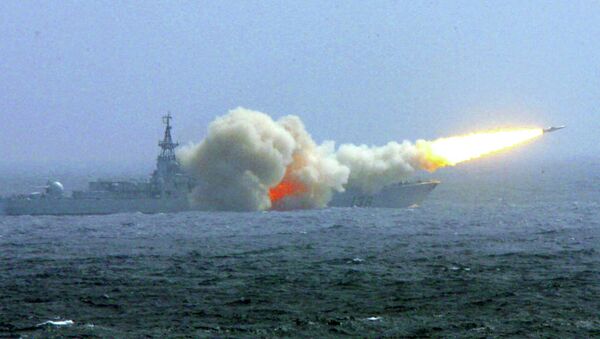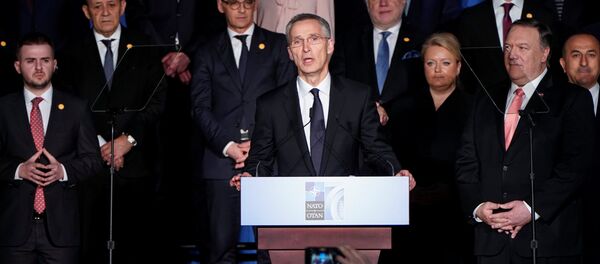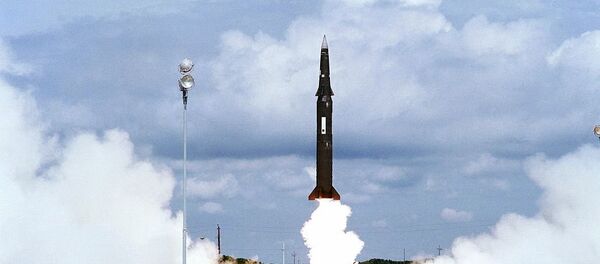On Tuesday, US Strategic Command Commander General John Hyten told reporters on the sidelines of a space forum in Colorado Springs that he had a desire to see the United States and its adversaries, particularly Russia, to be a part of the New START treaty.
Monday marked the ninth anniversary of the signing of New START by Russian President Dmitri Medvedev and US President Barack Obama. The 2010 New START Treaty is scheduled to expire on 5 February 2021 with an option to renew it until 2026.
INF Effect
On 1 February, the United States announced it was suspending its obligations under the INF Treaty and launched the withdrawal process. Washington said the withdrawal process will be completed within six months unless Russia remedies its alleged treaty violations. Russia denies violating the treaty.
Hampshire College Professor of World Peace and Security Studies Michael Klare told Sputnik that the colder international climate caused by these developments has cast a dark shadow over New START’s future.
READ MORE: Failure to Renew 2010 START Treaty Could Trigger Global Nuke Arms Race
"America's abrupt withdrawal from the INF Treaty combined with Russia's failure to satisfy Western concerns over deployment of an allegedly non-treaty-compliant missile have certainly clouded the chances for extension of New START", Klare said.
Hopes to save New START may now hinge on efforts to rescue the INF agreement, Klare suggested.
Even if the INF Treaty was not modernized or expanded as it should be, the very act of trying to preserve it would create much more positive dynamics for moving ahead with renewing New START, Klare explained.
"If the treaty is extended, it would be just that: an extension, nothing else. But extension of New START would allow time for negotiations on other weapons systems. Without the extension, I think it will be difficult to launch such negotiations", Klare said.
China's Role
In his comments in Colorado Springs on Tuesday, Hyten warned that the United States had to move quickly in developing hypersonic weapons because both China and Russia were moving fast.
President of the American University in Moscow Professor Edward Lozansky told Sputnik that these developments provided a new dimension of complexity and difficulty to the challenges of modernizing the 2010 New START Treaty to also accommodate changed military and technological realities.
READ MORE: Trump Administration Interested in Extending New START Treaty — Undersecretary
The era of the United States and the Soviet Union or Russia making all the decisions on nuclear and missile issues is over, Lozansky said.
"There is an additional sheriff in town and this is obviously China", the professor said. Neither Washington nor Moscow could therefore proceed with purely bilateral negotiations but both had to take into account Beijing’s position too, Lozansky stressed.
"Therefore, for better or worse from now on the boys should play a trilateral game", he said.
Putin will have a chance to perhaps get Chinese president Xi Jinping to entertain this notion when they meet at the St. Petersburg Economic Forum in June, Lozansky added.
Trump told reporters at the White House last week that the United States, Russia and China should stop spending money on weapons and invest in areas that are more productive for long-term peace.
Views and opinions expressed in this article are those of the speakers and do not necessarily reflect those of Sputnik.



